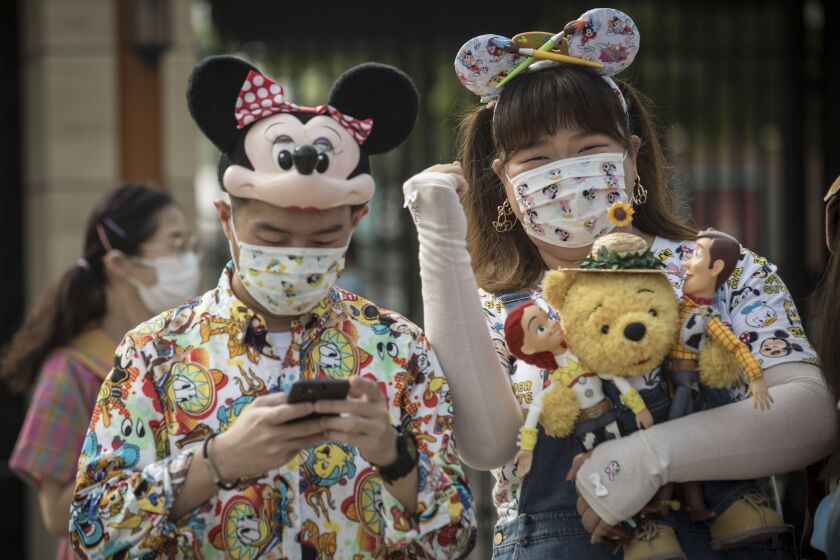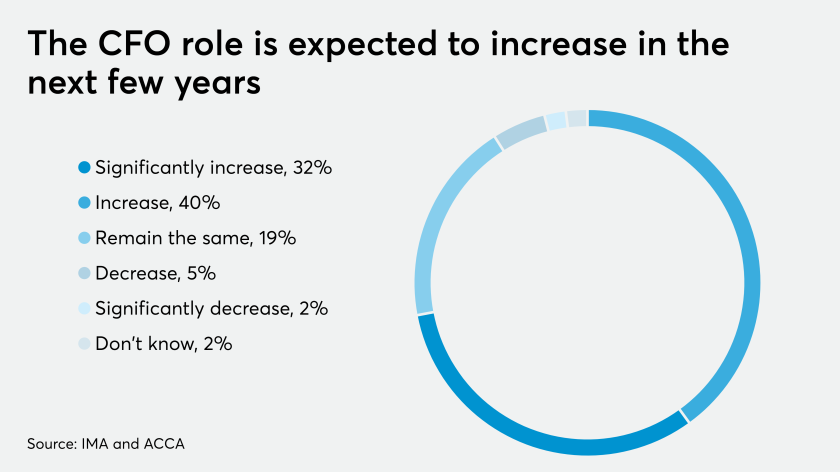Walt Disney Co. has at least temporarily cut several reservation and incentive features tied to its closed loop payment system, revealing the complexities of mixing health guidance with tourism.
The Disney amusement parks — located in California, Florida, Tokyo, Paris, Hong Kong and China — have cancelled the FastPass+ reservations that visitors use to schedule times for attractions to cut lines. Disney is also cutting dining plans, which allow customers to prepay for meal credits at the parks and resorts. Disney also cancelled its free dining promotion for guests who stay at Disney-owned hotels.
While these features are normally designed to shorten lines and would discourage crowding, the theme park is trying to adhere to broader overall guidance on crowds in its facilities, particularly restaurant capacity.
Tangled in this dilemma is Disney’s MagicBand, an all-purpose wearable that acts as a room key, payment device, theme park ticket and FastPass+ device. Disney also supports open loop payments such as mobile wallets to discourage cash, but places a greater emphasis on its MagicBands.

Disney did not return a request for comment, but it is positioning the FastPass+ cancellation as temporary. It plans to manage crowds in its parks by adding extra space for lines rather than through scheduling time slots.
“The need to control crowding could ironically be hindering usage of payments technology that’s accelerating in the general market,” said Thad Peterson, a senior analyst at Aite Group. “One of the unique challenges in the U.S. is the variety of different consumer payment processes in place at different retail outlets.”
All in the wrist
The closed-loop MagicBand is part of a legacy at Disney to contain the customer experience for reservations, hotel access, rides, shows, attractions and on-site retail.
The resort, which for years had its own faux currency, has more successfully mined closed loop payments than other amusement parks. A majority of park goers use the MagicBands, which can be tied to a customer's payment card at check-in.
In a public announcement, Disney said it is not accepting new MagicBand orders linked to Walt Disney World Annual Passhoders or Disney Resort hotel reservations, another measure it says is temporary.
Disney, which reopened its theme park in Shanghai in May, plans to open its properties in California and Florida at staggered times in July. It will also reopen its Vacation Club resorts, such as the Hilton Head Island Resort in South Carolina, in June.
The park closures, film delays and lack of new sports coverage on ESPN have hit the company hard, costing it as much as $1.4 billion in revenue. As Disney reopens its parks, it will have to accommodate economic and health challenges. The suspension of its reservation and incentive systems, while unfortunate for guests in the short-term, could provide extra time for improvements as the incentive system comes back later.
Democrats on the House Ways and Means Oversight Subcommittee want the agency to reverse the automated revocation of status for tens of thousands of nonprofits.
Banks have managed to steer around trouble spots in energy, hotel and mall-related credits. But fears of further deterioration, an eviction wave or more job losses are keeping lenders circumspect.
Finance executives are likely to hold onto their greater responsibilities once the pandemic subsides.
Disney in 2019 publicized a project to improve its park management system called Genie, which uses AI to drive scheduling for guests as well as recommendations to visitors and other tailored content. Most of the coverage of Genie, which predates the coronavirus shutdowns, discussed a 2020 debut, so it’s likely FastPass+ in its current form will not come back at all.
For example, one of Disney's newest rides, the Star Wars-themed Rise of the Resistance, requires all visitors to use a mobile app to obtain a time slot to board the ride. It does not allow FastPass+ users to select their own ride time in advance.
But whatever changes are in the works, Disney is likely to keep an emphasis on its MagicBand payments.
“For an entertainment giant like Walt Disney, the need for stored value will increase to improve margins of merchant payment strategies as revenues decrease with lower consumer spending,” said Krista Tedder, head of payments for Javelin Strategy & Research. “Walt Disney World will still want to entice consumers to use a closed loop payment, but the experience will need to change to limit contact and the number of people per location.”
The coronavirus has also delayed projects designed to migrate closed loop payment systems to open payments. The OMNY contactless migration for the New York transit system has pushed back its schedule two months.
Like the Disney incentives, the New York migration in theory helps mitigate coronavirus spread — in the case of the subway, OMNY allows people to avoid using Metrocard vending machines and touching subway terminals by using contactless payments. But the virus’ severity complicated the underlying project.
Over the long term, contained systems like an amusement park or transit system could attract greater adoption of contactless payments than merchants.
“Even though contactless usage will increase, a significant percentage of the population will choose not to use the technology, so merchants will be unable to force contactless transactions on consumers — except for closed loop systems in controlled venues, like the Disney park properties,” said Peterson. “That technology could migrate to other venues like stadiums, but since merchants are reluctant to create any additional friction that could inhibit purchases, it doesn’t seem likely that they would restrict all transactions to a contactless closed loop system.”






